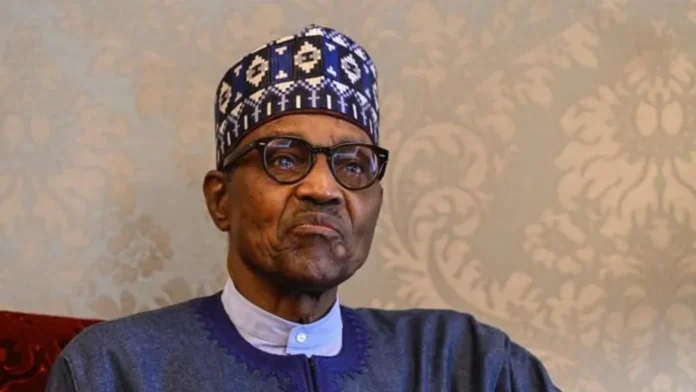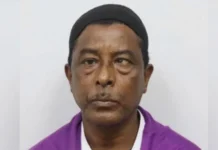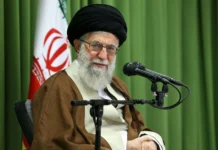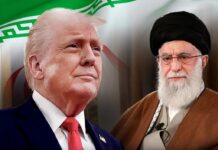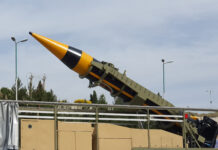Nigeria’s former President Muhammadu Buhari, who passed away on Sunday at the age of 82 in a London clinic, will be laid to rest on Tuesday in his hometown of Daura, Katsina State, officials have confirmed.
Katsina State Governor Dikko Umaru Radda announced that following consultations with the late leader’s family, it was agreed that Buhari’s remains will arrive in Nigeria on Tuesday for immediate burial in accordance with Islamic rites.
Buhari, a former military ruler who seized power in the 1980s, made a historic political comeback in 2015 when he became the first Nigerian to defeat a sitting president at the ballot box. He served two terms before retiring in 2023.
Nigeria’s Vice President Kashim Shettima and other senior government officials were in London on Monday to coordinate the repatriation of Buhari’s body. Tributes poured in from across the globe, including from Indian Prime Minister Narendra Modi, who praised Buhari’s commitment to the India–Nigeria partnership.
Known for his austere lifestyle and anti-corruption stance, Buhari earned a devoted following, particularly in Nigeria’s predominantly Muslim north. A self-proclaimed “converted democrat,” he exchanged his military regalia for civilian attire and projected an image of principled leadership.
Former military ruler Ibrahim Babangida, who ousted Buhari in a 1985 coup, paid tribute, describing him as “a deeply spiritual and humble man.” “We may not have agreed on everything, as brothers often don’t, but I never once doubted his sincerity or patriotism,” Babangida said.
Since leaving office, Buhari had largely stayed out of the spotlight, residing quietly in Daura. His successor, President Bola Tinubu, inherited a challenging landscape of economic hardship, inflation, insecurity, and dwindling oil output.
While Buhari’s supporters hailed him as the moral compass of Nigerian politics, critics pointed to his frequent absences and detachment from day-to-day governance. Local media outlet BusinessDay described him as “an absentee landlord… whose aloofness felt like abandonment.”
Despite the controversies, Buhari leaves behind a significant legacy as a leader who bridged Nigeria’s military and democratic eras, and as a figure who, to many, embodied integrity in public service.
Written By Rodney Mbua









